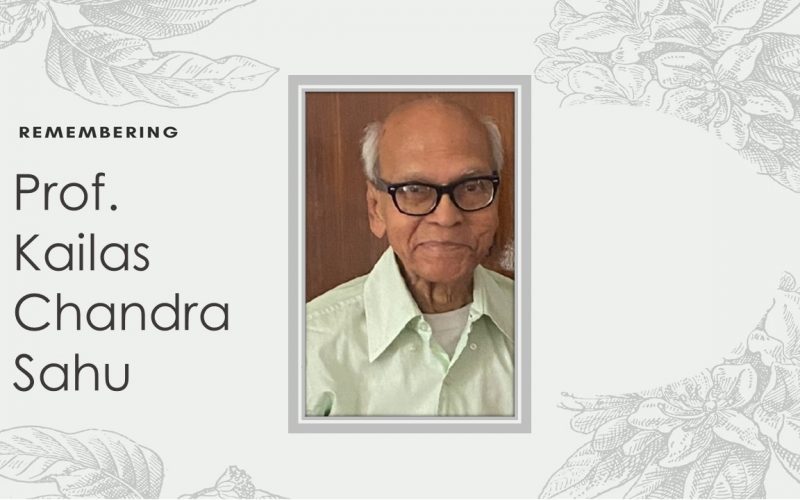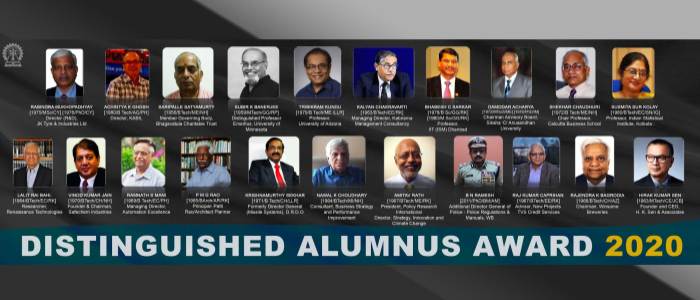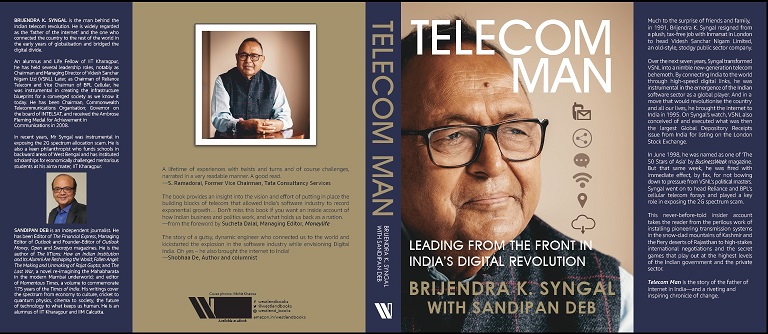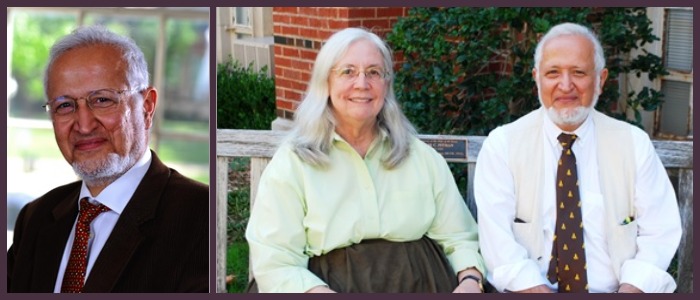
The Soul Set Free
When I come to the end of the road And the sun has set for me I want no rites in a gloom-filed room Why cry for a soul set free? Miss me a little - but not too long And not with your head bowed low. Remember the love that we once shared Miss me but let me go For this is a journey that we all must take And each must go alone Its all a part of the Master's plan A step on the road to home When you are lonely and sick of heart Go to…



